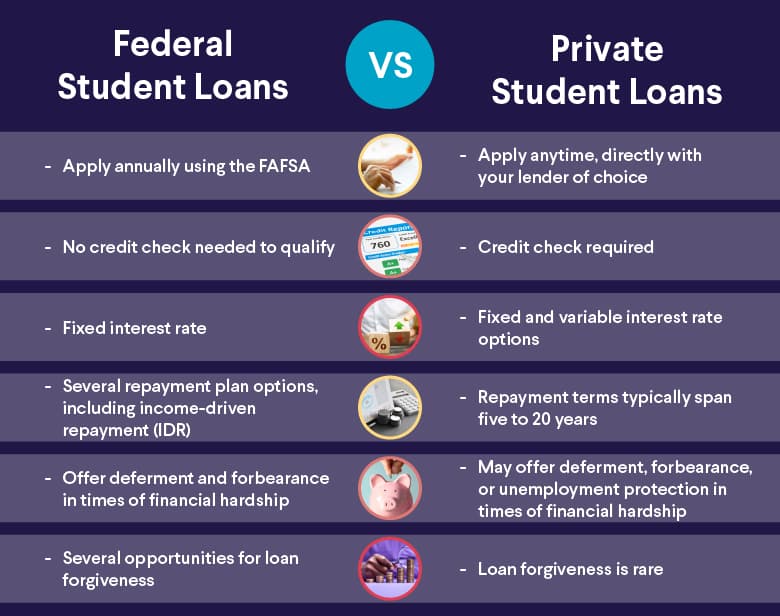Elite Private Schools Offer Social Capital Beyond Academics, Critics Argue

A recent social media post by user "swarley" on X, formerly Twitter, has ignited discussion regarding the perceived advantages of elite private education, asserting that a "class of schools for rich parents but low academic ability" exists, where students "end up doing better than the avg state school kid due to connections and wealth." This perspective highlights a long-standing debate about the role of private institutions in fostering social and professional networks alongside academic development.
Research and anecdotal evidence suggest that while academic rigor can be a draw for private schools, the social capital and networking opportunities they provide are significant benefits for many affluent families. These schools often boast alumni networks, exclusive events, and a peer group from similar socioeconomic backgrounds, which can translate into future career and social advantages. This environment can offer a distinct pathway to success, irrespective of initial academic standing.
However, the quality and focus of private schools vary widely. While some elite institutions are renowned for their high academic standards and resources, others may prioritize a sheltered environment or specific values. Critics argue that the success attributed to private school attendees often correlates more strongly with family wealth and parental involvement than with the inherent academic superiority of the institution itself. Studies indicate that when adjusted for family income, public school students can perform comparably to their private school counterparts on standardized tests.
The financial commitment to private education is substantial, with some of the world's most exclusive boarding schools costing upwards of $200,000 annually. This investment often secures smaller class sizes, extensive extracurricular programs, and access to highly qualified teachers, which can create a more individualized and supportive learning experience. Nevertheless, the debate continues whether these benefits are solely academic or if the primary advantage lies in the cultivation of an elite social and professional network.